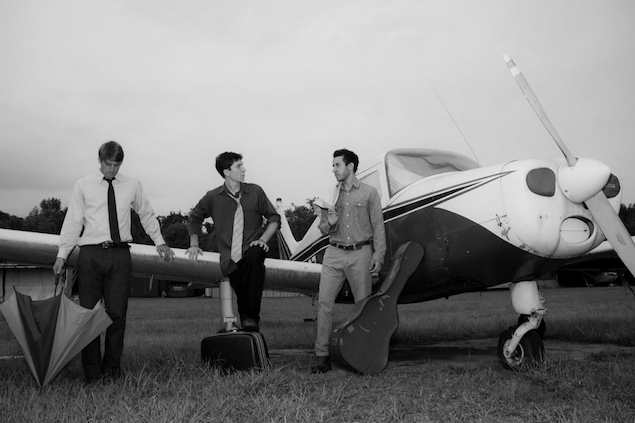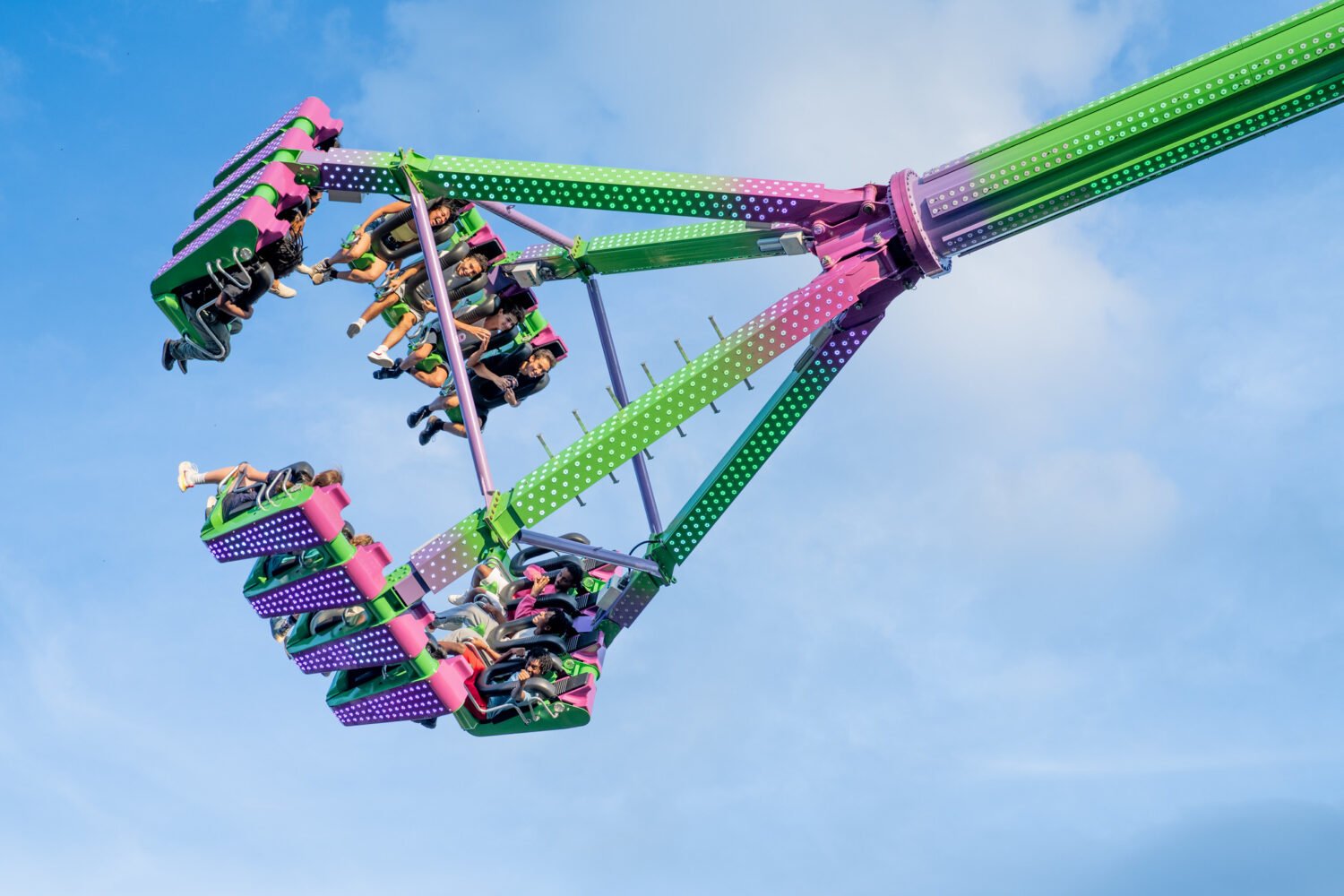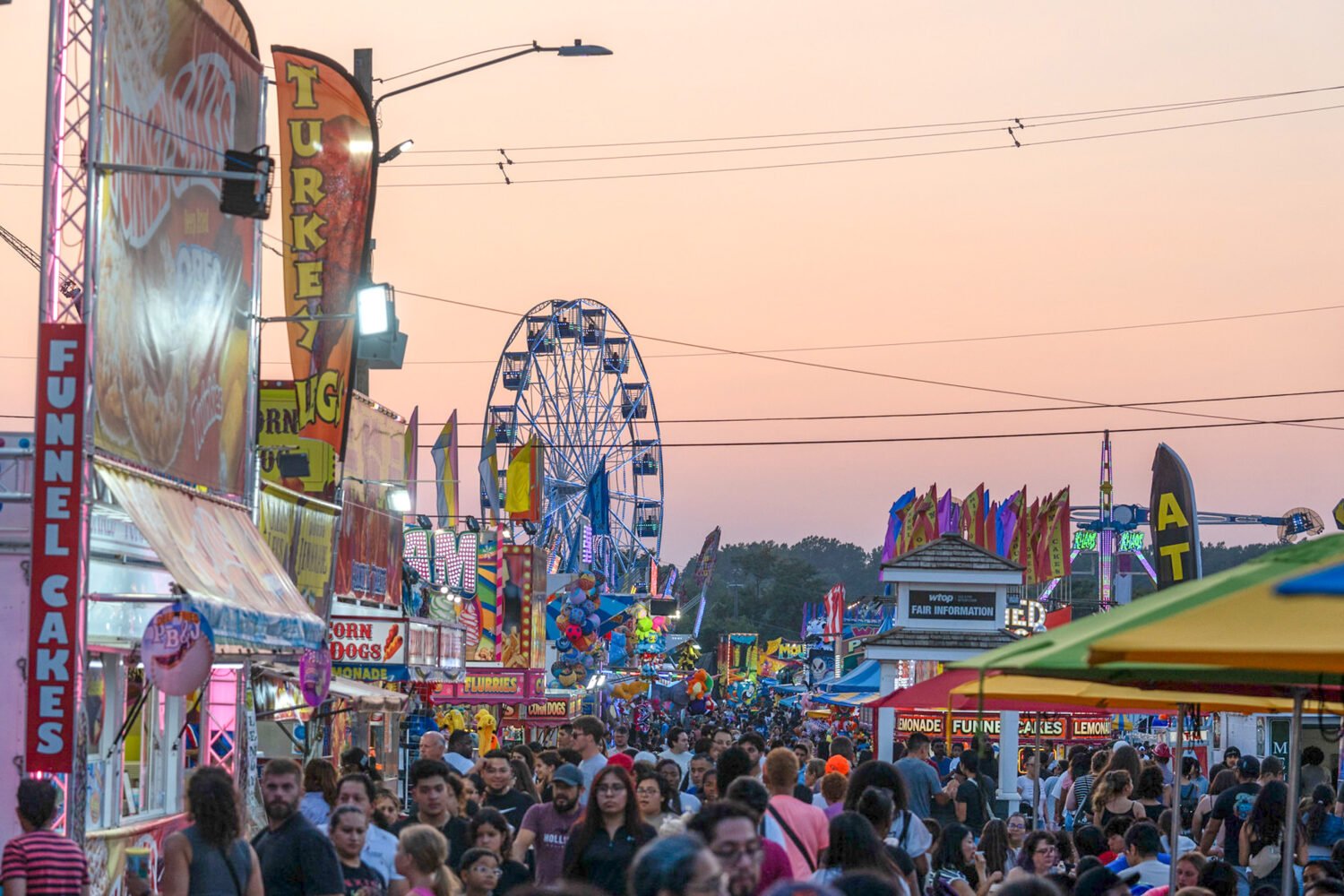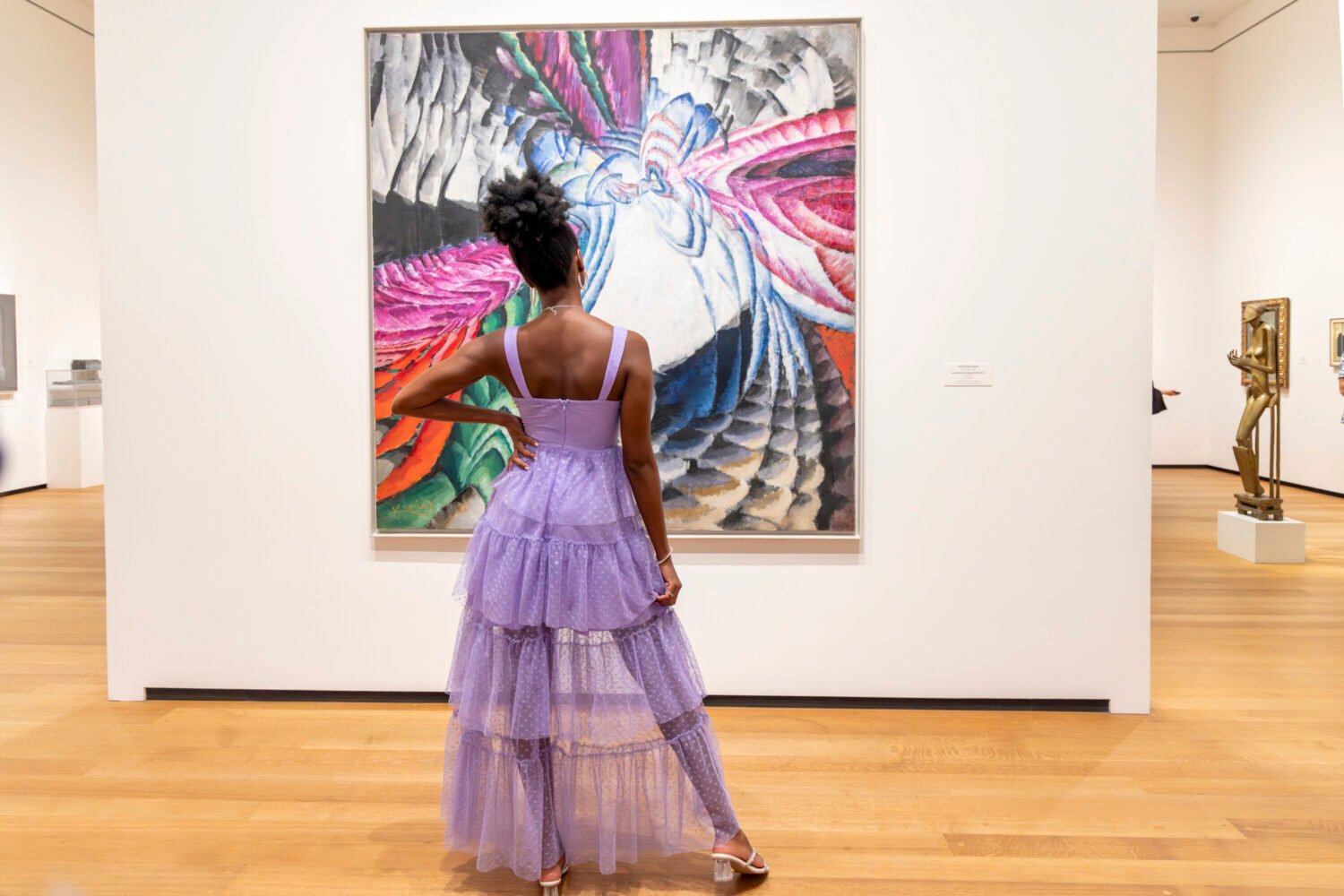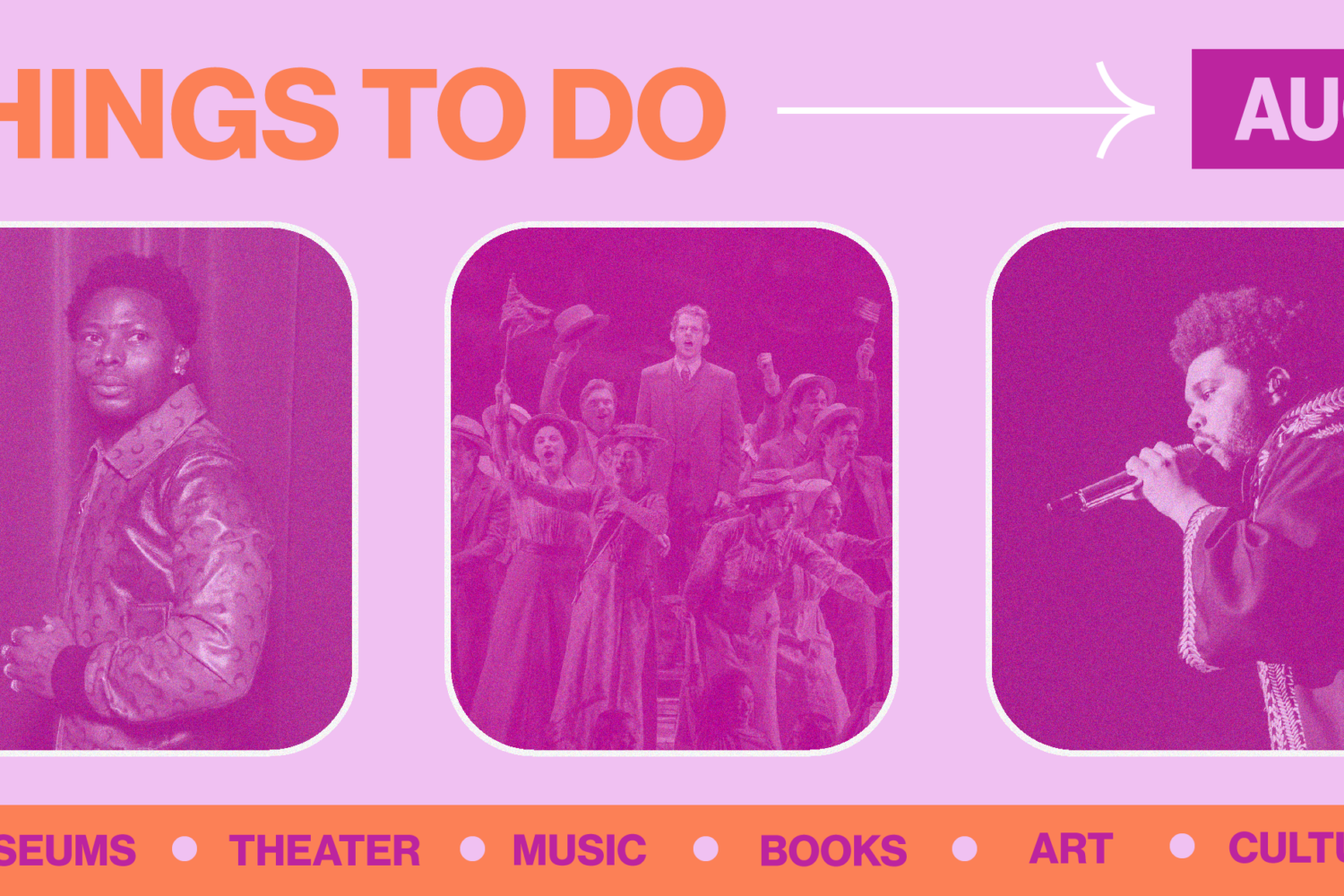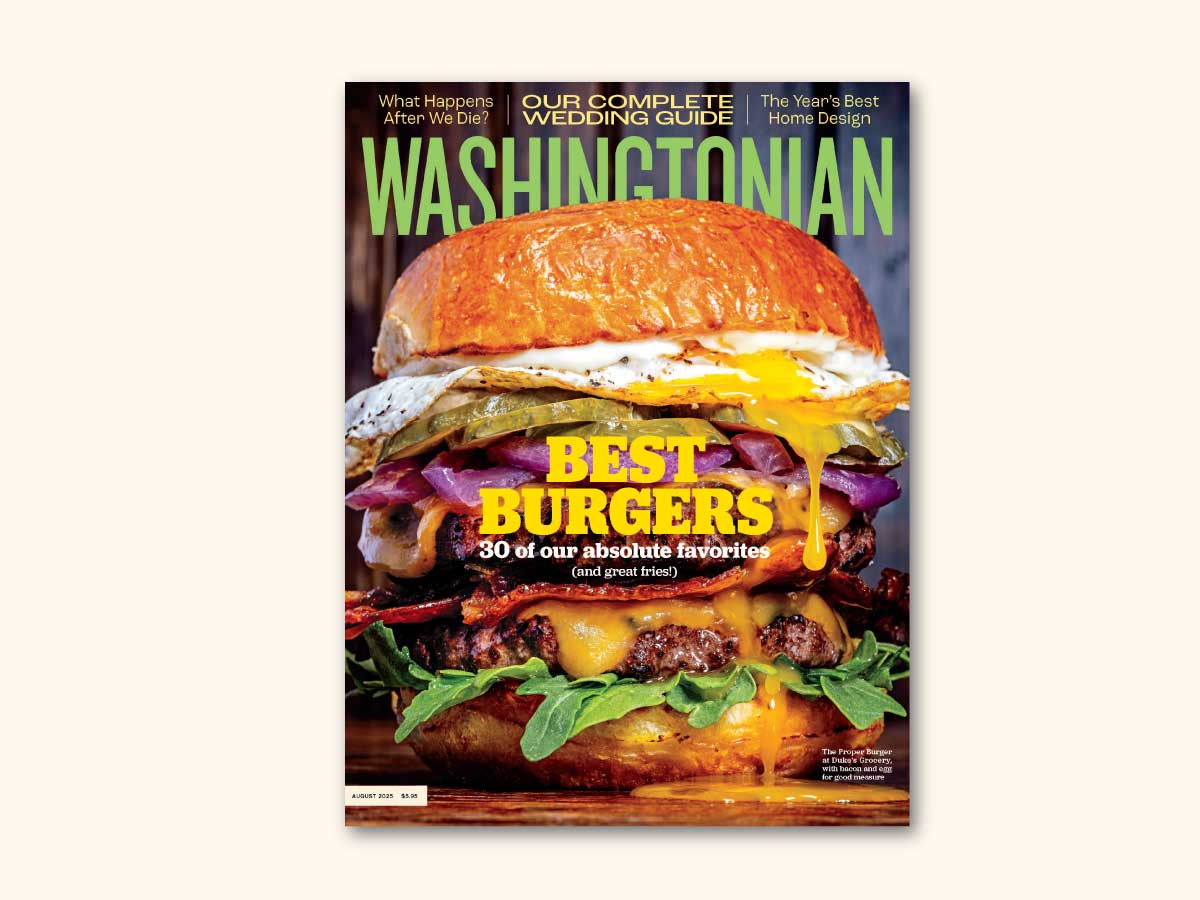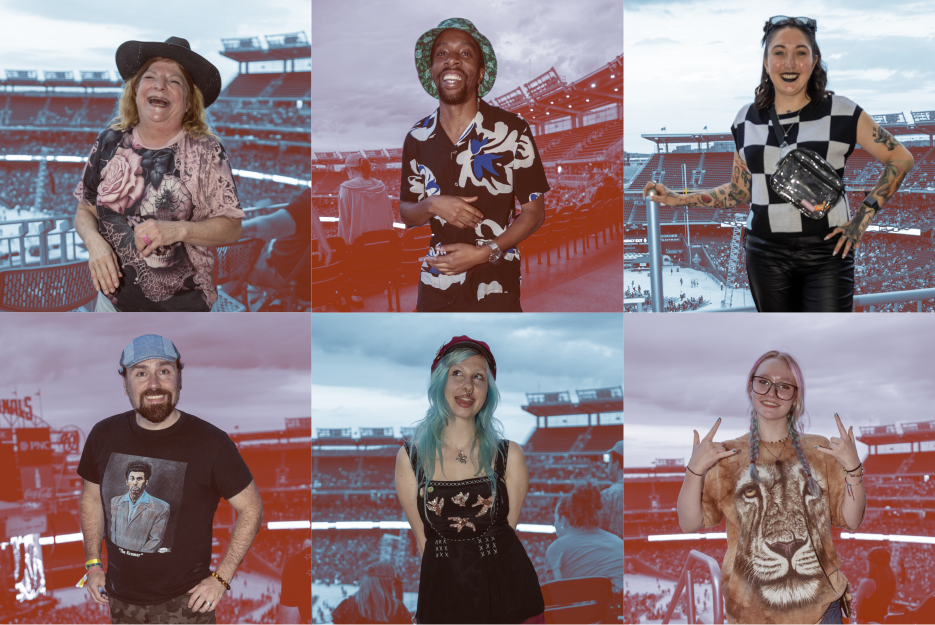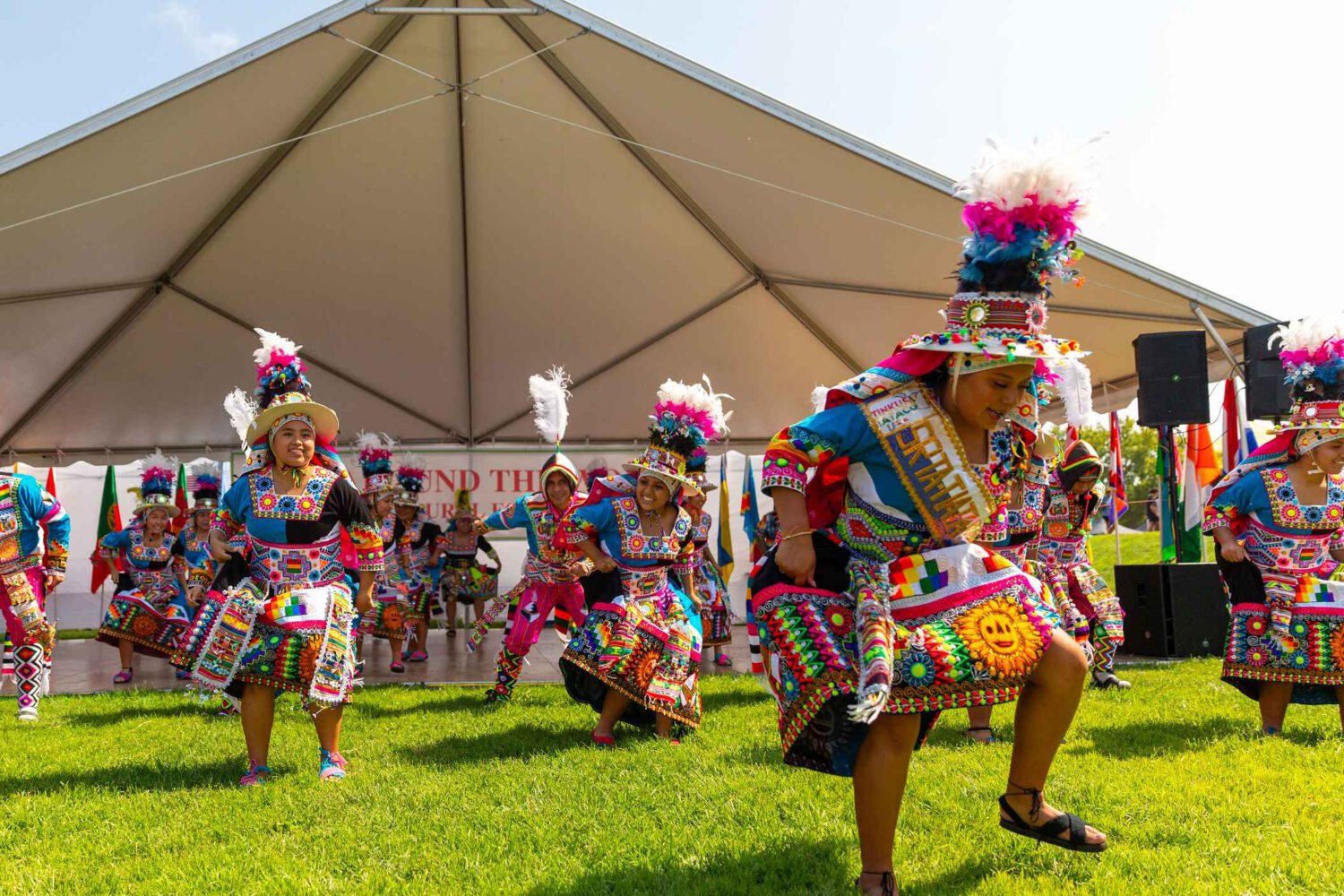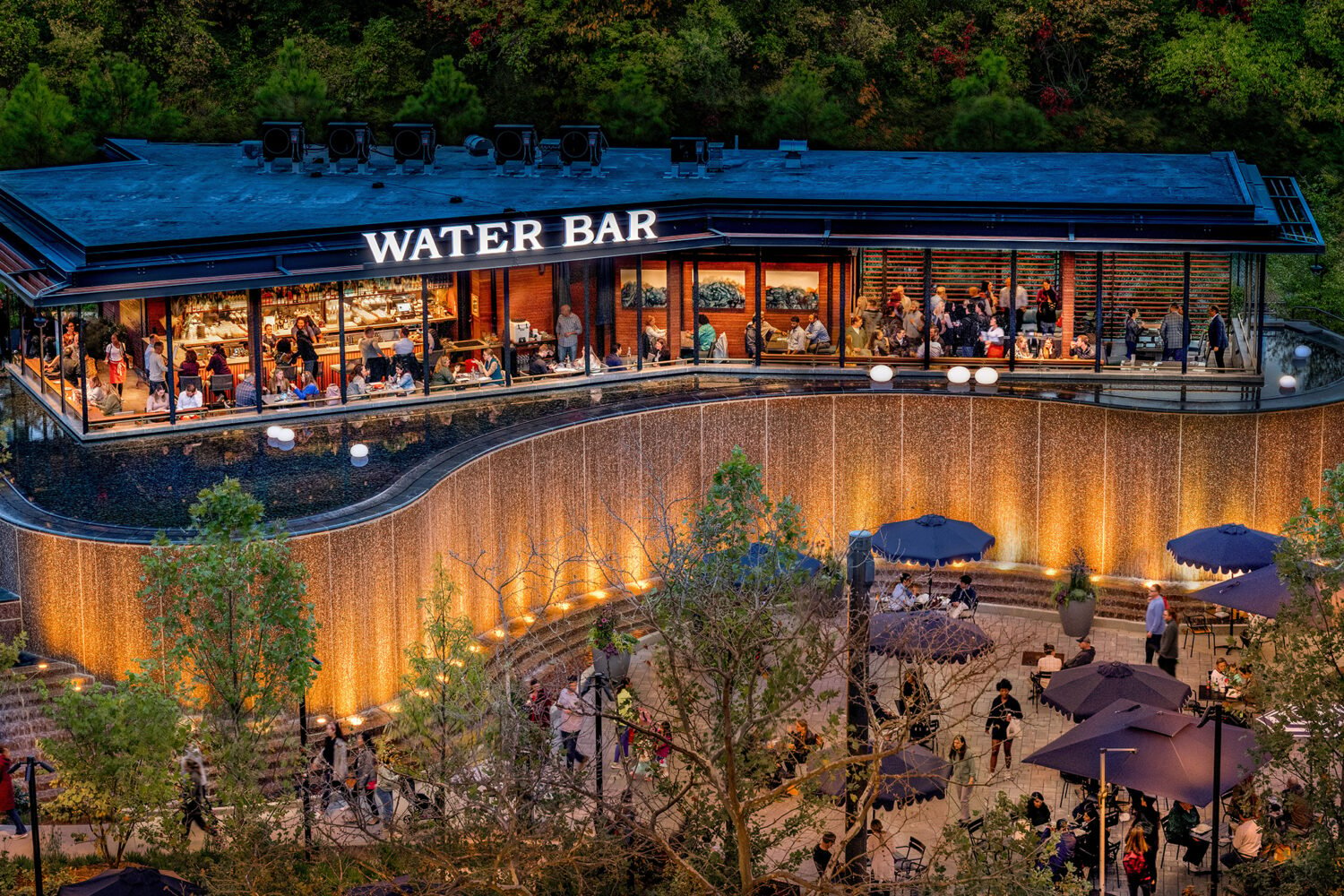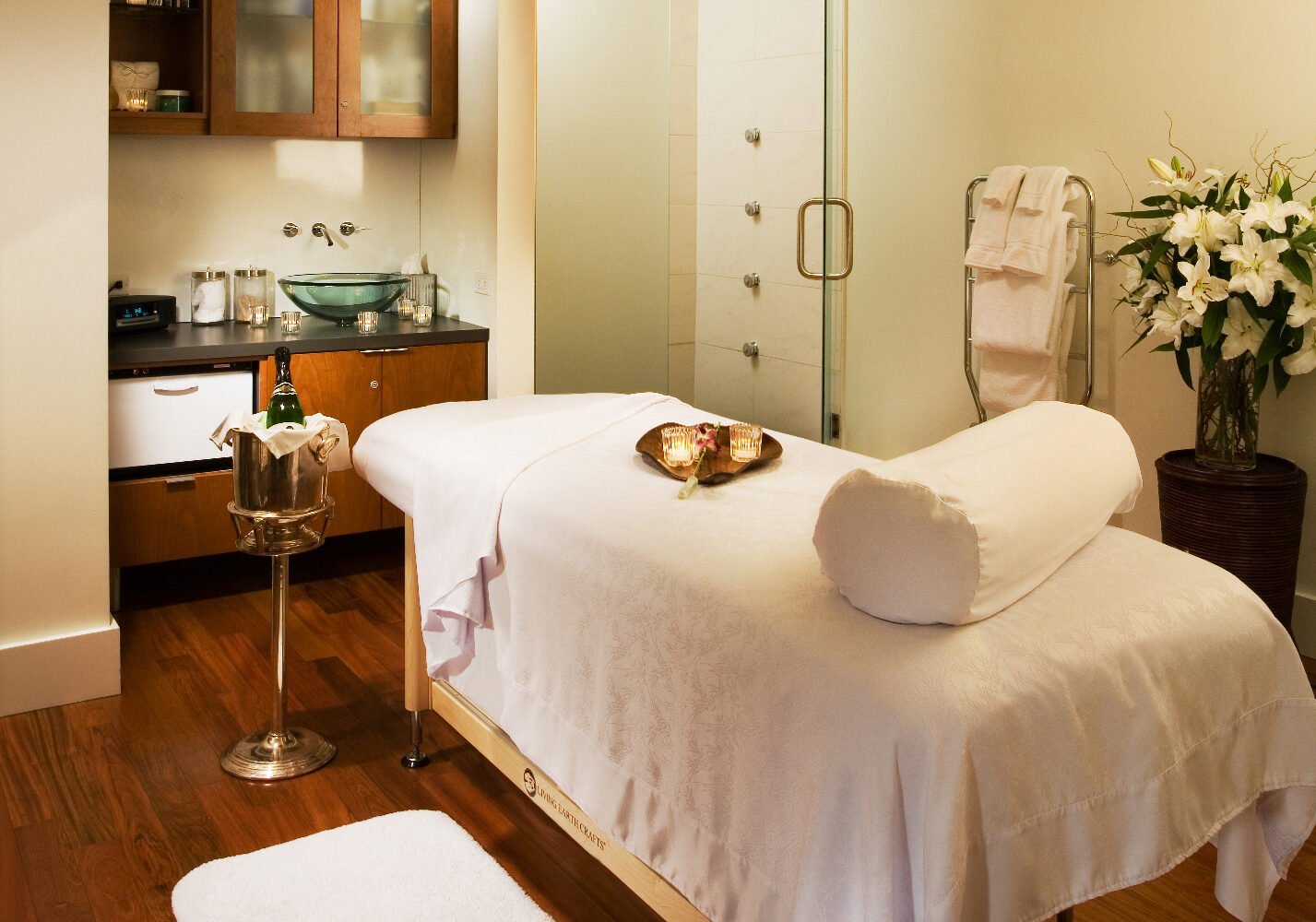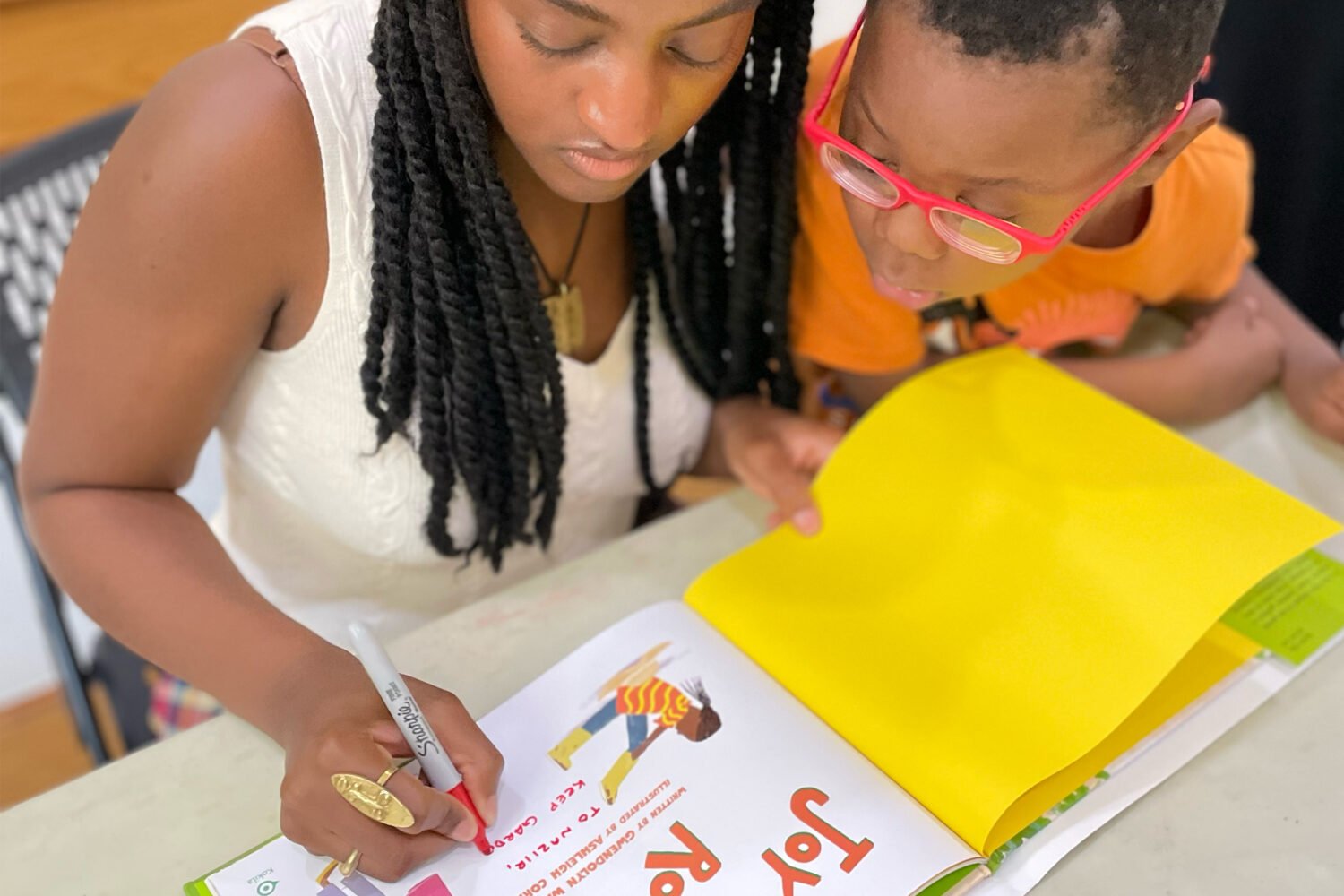To listen to Mission South—a DC-based three-piece consisting of guitarist/vocalist
Dan Miller, bassist/vocalist
John Beck, and drummer
Max Harwood—is to be transported via rumbling guitars and Miller’s smoky-tinged voice to a slow,
hot night on a Louisiana bayou. To speak to Mission South—Miller, in particular—is
a different experience entirely. The loquacious musician, at 22 (all three band members
just recently graduated from college), knows that despite the band’s old-school sound
they operate in a modern climate where tastes and fortunes can have the same lifespan
as your average Internet meme. Mission South are set to release their second EP,
Migration Vol. 2, on April 13 (Vol. 1 came out in September 2011), and we caught up with Miller by phone to talk about
making music for the short-attention-span generation, finding a foothold in the local
music scene, and seeking advice from current smash hits the Lumineers.
You guys are about to head out on tour. How do you get around—plane, train, automobile?
We travel in an old Ford Explorer, as we’re just sort of getting our bearings for
everything. We met the Lumineers—they came to a show of ours—and they advised us we
should be as uncomfortable as possible when traveling as a band, because it’s part
of the experience. When you find yourself in situations like that, it tests your dedication
for sure. And it sometimes it seems more authentic, like it means more when you accomplish
things.
What do you do while you’re on the road?
We’re all avid readers—I’m not sure if you’re looking for some rock-star answers [laughs].
Everyone always asks what music we listen to, but when you’re touring at that level
. . . I don’t want to say you get tired of music, but we listen to a lot of comedy.
We’ve been best friends forever, so we have a similar sense of humor. Sometimes we
watch movies—I have a Bob Marley documentary in my bag right now.
Speaking of being best friends, you all grew up together—how did you actually meet?
We met in elementary school. We like to joke that we met on the dodgeball court; John
was good at dodgeball. But we grew up within walking distance of each other’s homes,
so we’d hang out all the time.
And when did you start playing music together?
We all came into music individually—Max has a very musical family, my mom pushed me
into it—and it all kind of fell into place. Our beginnings were characterized by impromptu
jam sessions, where we’d walk over to John’s house and roll him out of bed to play.
We started playing as Mission South in high school, and back then we were playing
talent shows, a couple tiny gigs, not anything real, but we really loved music and
played all over DC. Then we went away to separate colleges—we all had musical ambitions,
and we played with a ton of people in college, all across the board. Max is a total
jazz head, John did orchestra on upright bass, I played with so many bands, probably
10 to 20 different acts. We all realized in the end the best chemistry we had was
together, so come senior year we made that decision. We recorded our first little
EP and traveled to each other’s colleges to play shows, so we got ourselves ready
by doing that, and it worked out really nicely and naturally.
Did playing with different acts change your sound as a group?
Oh, 100 percent. I came back from being in New Orleans and everyone said, “You adopted
this soulfulness to your voice.” That stuff lives and breathes.
Your first and second EPs are part of a planned three-series set—what was the thinking
behind that?
We chose it for a couple reasons. We’re a product of the 21st century, when attention
spans are very short, and there are up-and-coming bands coming out with full-length
records and charging $10 because they had to cover costs of making the record—but
if you don’t know a band, you probably won’t listen to 12 songs. So we wanted to break
it up into small, digestible portions so the audience can listen as we grow. Recording
and playing live are two very different beasts musically, so this is our opportunity
to figure out the recording process. These are kind of snapshots of our development,
and we wanted to share that. A lot of bands try to go the conventional route and pitch
their first album to a record company to be marketed, but that didn’t seem really
real. We want to show our close-knit audience the steps of our development, so hopefully
on that big first release we’d be ready and have that “Mona Lisa” of a project to
give people. It seems like more of a grassroots, authentic way to do it—thank God
I didn’t say organic. There seems to be a general theme to it, which is transition,
the idea of being a 22-year-old.
Your music has this classic rootsy, bluesy vibe. Where does that come from?
The soulfulness comes from the New Orleans vibe I picked up. In terms of influences,
we listen to such a wide range of stuff—while we love Otis Redding and Sam Cooke,
to pin it just on them would not be doing due credit to the myriad artists that inspire
us. It’s not really blues or soul; we’re trying to create a pastiche of sounds that
at its core is soulful but appeals to visceral emotions.
What did you study in college, out of curiosity?
English and music. Not engineering—somehow it always gets reported as I studied engineering
and music, but I’m terrible with numbers.
Now that you’ve all graduated, is the plan to do the band full-time?
We’re in the process of doing it. We didn’t want to pussyfoot around it, so we jumped
off the cliff, and we’re still in the air—if you talk to us a year from now we’ll
tell you what’s at the bottom. This is all we’re doing, and we’re very conscious of
our timeline. We gave ourselves around two years for it to be completely sustainable,
gave ourselves a bit of a buffer. We started going forward in August, and what we’ve
already accomplished—getting to play 9:30 Club, gaining the respect of a lot of people
in DC—I can’t even tell you how amazing and awesome it’s been.
Tell me about the tour. Any spots you’re especially excited to play?
It’s a bit over a month, it goes into May, and we’re all over the country: Texas,
Louisiana, Mississippi, Georgia, Chicago for the first time. We’re opening for the
Funky Meters at Crawfest in New Orleans, which is going to be incredible—they’re some
of the most innovative, brilliant musicians I’ve ever had a chance to see. We’re playing
Nectars in Burlington, where Phish got their start; Max went to college there [at
University of Vermont], so we always do well up there. Going to different schools
has been a huge bonus for us, because we have fan bases spread around the country,
and it’s kind of about connecting the dots.
What do you think of the music scene here, which is not as established as someplace
like New York?
I grew up on 16th street—Meridian Hill, in gentrified terms—but it’s a couple blocks
from 9:30 Club, and I’ve seen a bunch of different incarnations of the scene. I was
a youngster when the punk scene was huge; I’ve been to my fair share of Chuck Brown
shows. I think DC’s tragic flaw is because it’s this government center, people come
here and don’t invest in the city. They come here for two- to four-year stints, whether
for government or a law job or for the
Washingtonian, all these young adults trying to find their way in the working world—so people as
a result don’t always dive into the scene the way they might in other places. We have
a lot of excellent acts and bands—some of whom I’m hoping to play with in coming months—and
a lot to offer in terms of amazing venues, and every relevant act comes through DC.
But I think it doesn’t have the avid music-seeking base some cities are blessed to
have—maybe it’s the Northeast mentality of not enjoying yourself as much as you can
all the time. I asked the Lumineers about it, and they said it doesn’t matter where
you’re from, you’re going to find pockets across the country you love to play, maybe
even more than hometown. Our fans and friends and family come out and support us,
but you need to make real fans—you can’t rely on your friends to support your music
your entire life. So time will tell whether DC has that group of people.
You were at SXSW this year—how was it?
It’s amazing. We haven’t had a bad experience. Well, our car broke down twice on our
first tour—it was the opposite of beginner’s luck. The wheel fell off our car—it fucking
fell off while we were going 70 miles an hour on the interstate! But SXSW is this
musical mecca, this convergence of creativity and really cool bands you’ve never heard
of. I went to the festival as an observer while I was in New Orleans, and when I was
there I saw more big acts infiltrating festival, these bigger names coming in, and
I saw this year there wasn’t as much of that, which gives people chance to discover
new music out there. For a band like us that’s managed in house and booked in house,
the connections you can make are priceless. We connected with a lot of great bands;
a guy from Capitol Records was at one of our showcases. It’s all about making personal
connections—there’s no substitute for playing to someone and talking to them afterward.
What’s your favorite venue in DC?
I think that to see shows, 9:30 Club can’t be beat. But I love the venues where it’s
sweaty and nasty and high energy, and everyone is right up in your face. We got to
play Black Cat in January, and it was killer—it’s this combo of accommodating and
total grunge. It was the first place I ever saw a concert: the Pie Tasters, another
DC staple band. I was 13, wearing my checkerboard Vans, and I got thrown onstage because
I was crowd surfing, and the guy let me sing some of words. I think people in the
audience thought, “Who is this 13-year-old kid at this show?” I think there’s something
that might have clicked that night, where I just thought, “This is fucking awesome.”
Mission South hosts an album release party at Bayou Saturday, April 13, at 9 PM.

